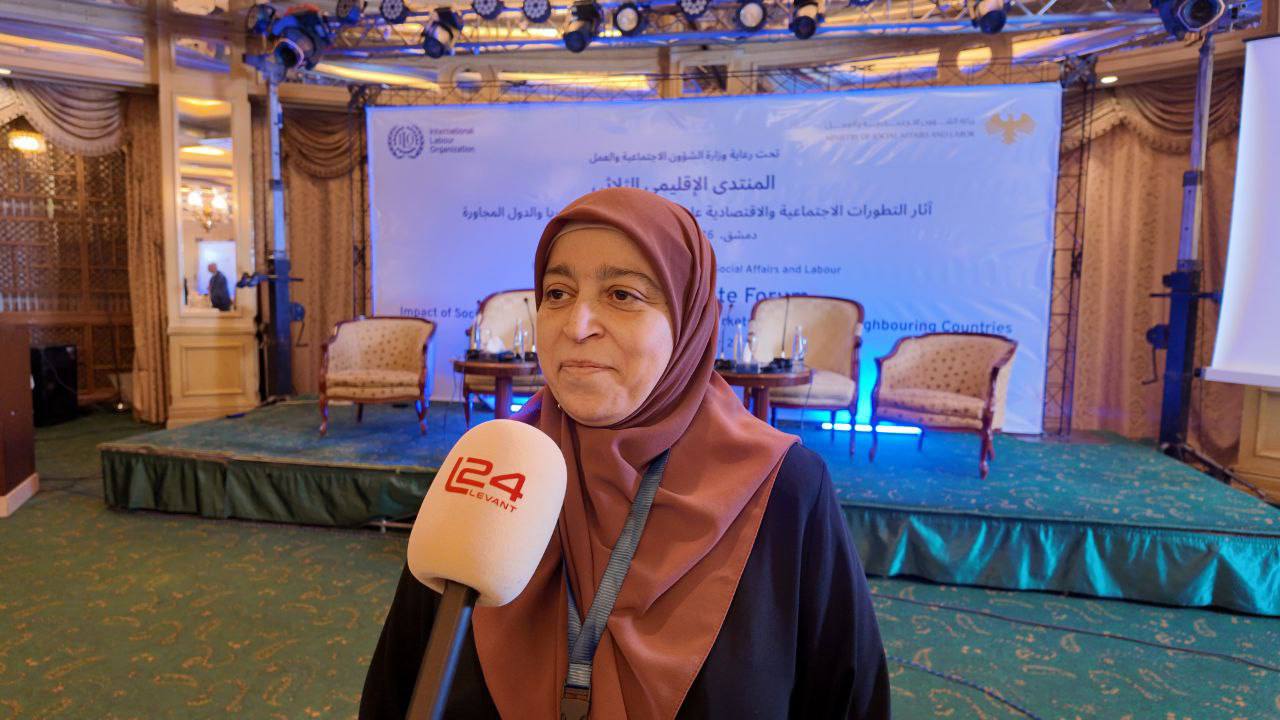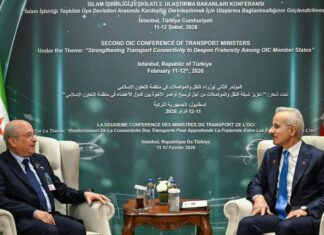
The Ministry of Social Affairs and Labor, in cooperation with the International Labor Organization (ILO), held a regional tripartite forum in Damascus titled “The Impact of Social and Economic Developments on Labor Markets in Syria and Neighboring Countries.”
The event brought together representatives from trade unions, chambers of commerce and industry, and labor market institutions. Participants discussed the challenges facing regional labor markets and explored ways to promote decent work, strengthen economic stability, and support the dignified and sustainable return of refugees and displaced persons.
Addressing Informal Employment and Supporting Returnees
Marianne Ward, the UN Resident Coordinator in Syria, said the forum provided an important opportunity to support Syrian youth and align economic policies with human development priorities. She highlighted the need to invest in human capital and expand social protection systems to achieve sustainable economic recovery.
President of the General Federation of Syrian Trade Unions, Fawaz al-Ahmad, noted approximately 1.8 million refugees have returned to Syria. He stressed the urgency of creating decent job opportunities for returnees and addressing the widespread issue of informal employment, which he described as a burden on the national economy. Al-Ahmad emphasized that progress depends on reforming labor laws and organizing training programs to integrate workers into the formal labor market.
Ruba Jaradat, ILO Regional Director for Arab States, highlighted the forum’s role in supporting post-conflict recovery and promoting decent work for all, adding that sustainable reconstruction efforts must go hand in hand with the creation of formal, long-term employment opportunities.
Focusing on Refugee Return and Labor Market Integration
In an interview with Levant 24, Deputy Minister of Social Affairs and Labor Raghda Zeidan recalled that the previous regional labor forum was held ten years ago in Istanbul and focused primarily on supporting host countries accommodating Syrian refugee workers.
She noted that the current forum carries greater significance because it centers on the return of Syrian workers and their equitable access to employment and social protection within Syria. Zeidan emphasized that the ministry is working closely with national partners and international organizations to exchange expertise, modernize policies, and develop innovative solutions tailored to labor market needs.
Coordinating Policies Amid Ongoing Transformation
The Tripartite Regional Forum comes at a time of significant social and economic transformation in Syria and the wider region. Participants agreed on the need for closer coordination of labor market policies to address rising unemployment, facilitate the reintegration of returnees, and manage the expanding informal sector. Through enhanced cooperation between governments, employers, and workers, the forum demonstrates a shared commitment to achieving inclusive growth and rebuilding livelihoods in the post-crisis era.








